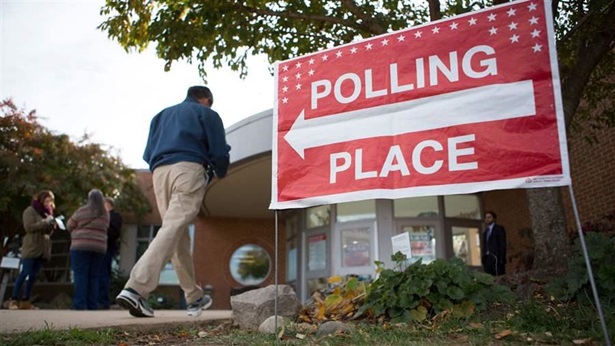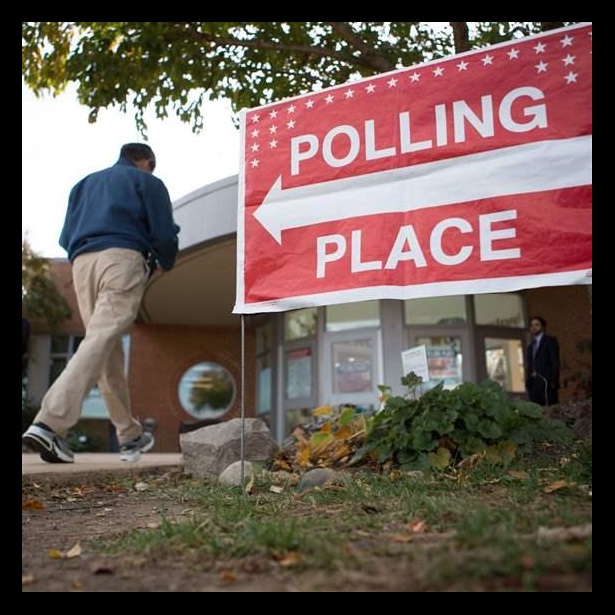States Make Advances in Voter Registration
A previous version of this dispatch incorrectly referred to Sept. 22, 2015, as the third National Voter Registration Day. It was the fourth.
Two voter registration initiatives—the Electronic Registration Information Center (ERIC) and National Voter Registration Day (NVRD)—continue to expand in scope and impact, streamlining processes for eligible citizens, improving efficiency, and lowering the cost to maintain accurate and complete voter rolls.
Just before the end of last year, Illinois and Pennsylvania joined ERIC, becoming the largest member states and providing the benefits of more accurate voter lists to nearly 20 million more eligible voters. These two additions bring the total number of ERIC members to 16.
To date, ERIC states have identified over 3 million out-of-date voter records and more than 140,000 records of individuals who have died since they last voted, and they have directed nearly 700,000 new voters to online registration. These efforts have resulted in a steep reduction in returned mail, fewer provisional ballots, and significantly reduced costs.
Additionally, a new report documents the success of the fourth National Voter Registration Day, which took place on Sept. 22, 2015, in expanding voters’ use of online registration systems. Each year since 2012, election officials and organizations across the country mobilize volunteers to raise awareness of the ways in which Americans can register to vote by helping citizens register and update their registrations after a move.
According to the report, the 2015 event saw 129,851 new registrants nationwide, with 68,739 individuals (53 percent) registering online, compared with 61,112 (47 percent) on paper. Of these new voters, 26,948 accessed online registration via official state election office websites—more than twice the number that accessed online registration through the next most popular means.
Nationwide, 29 states and the District of Columbia offer online voter registration, enabling 132 million eligible citizens to apply for or update their registration entirely online.
Keara Castaldo is a research associate and Samuel Derheimer is a manager of election initiatives at The Pew Charitable Trusts.
Follow us on Twitter using #electiondata, and get the latest data dispatches, research, and news by subscribing today.













